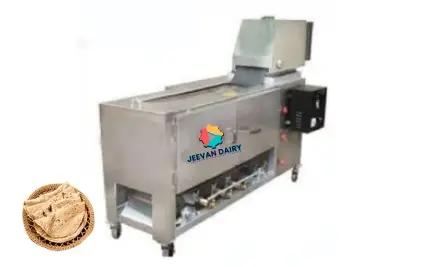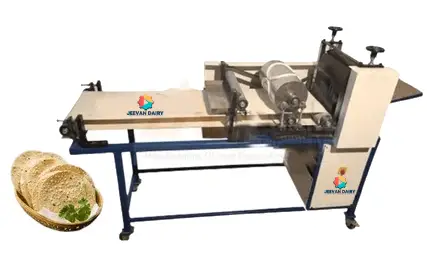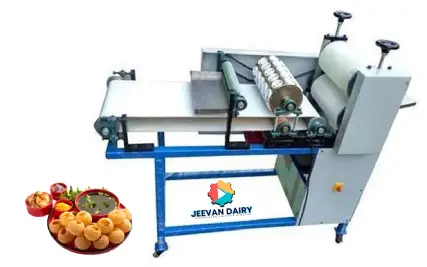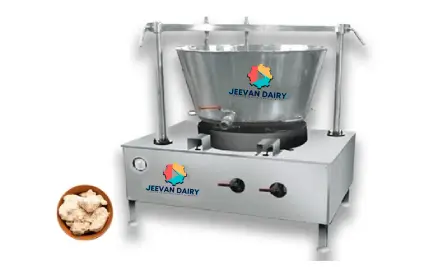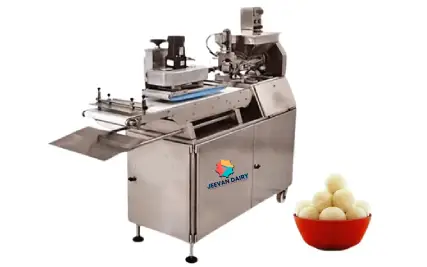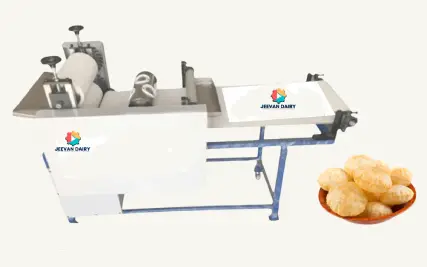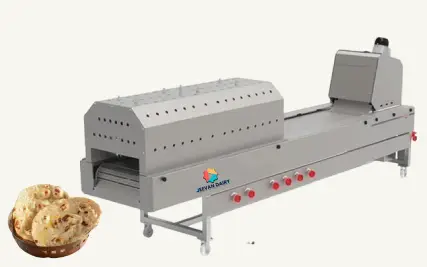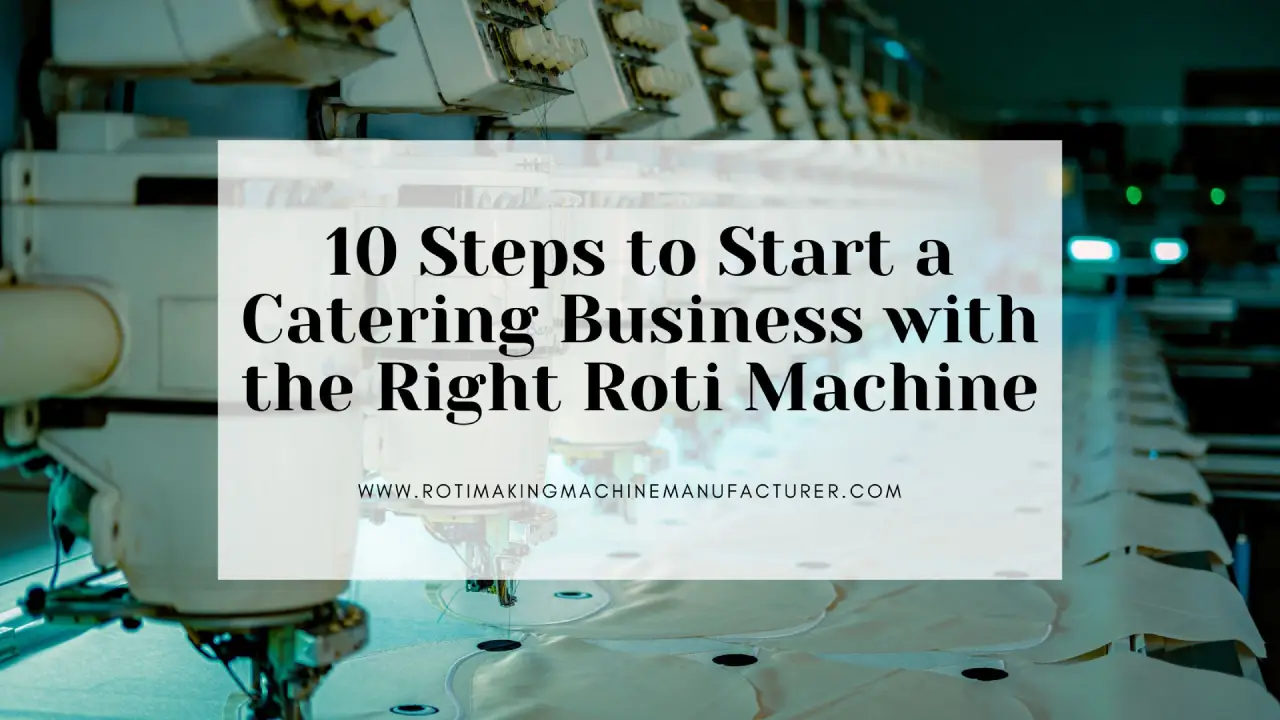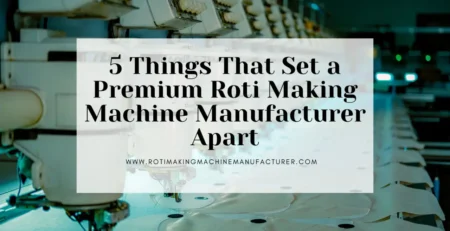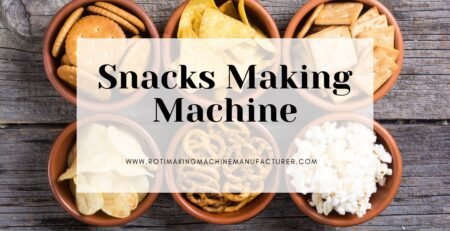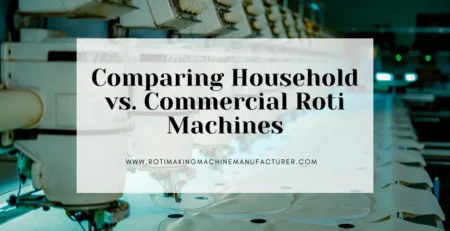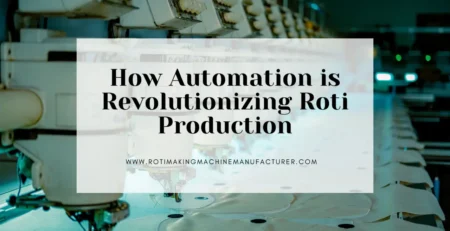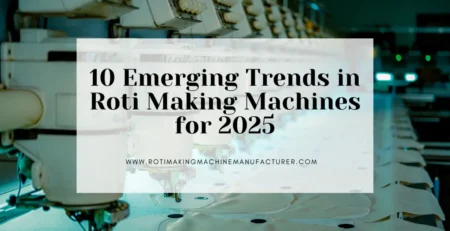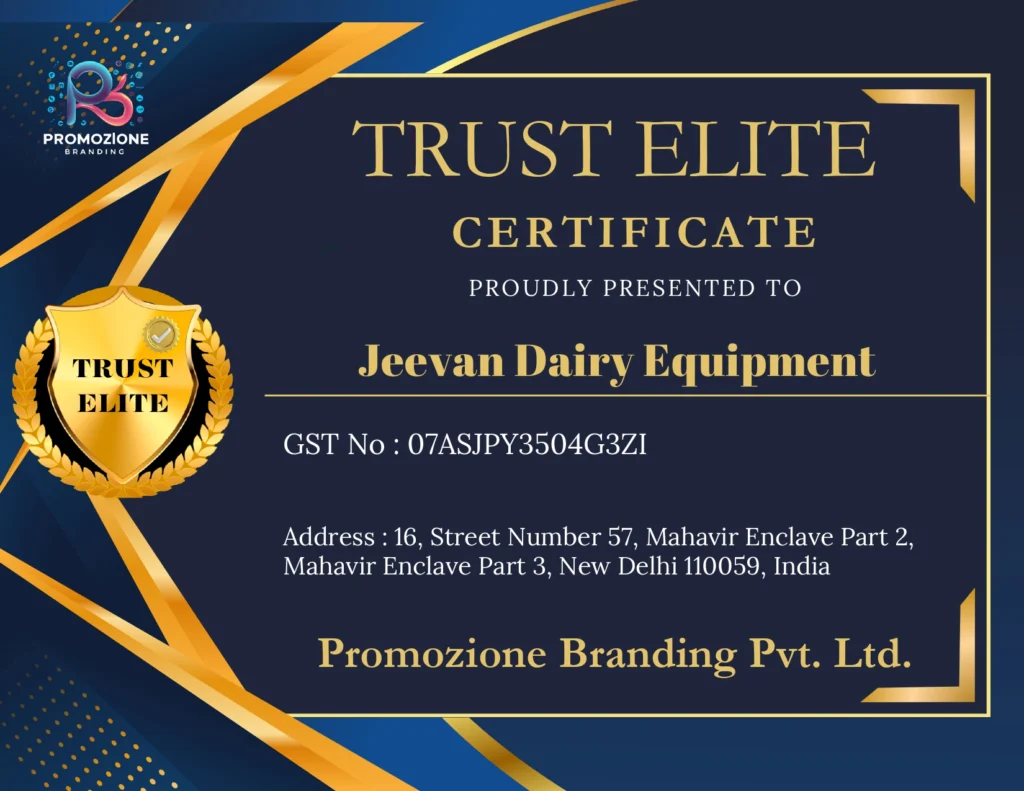10 Steps to Start a Catering Business with the Right Roti Machine
Introduction
Catering is one of the fastest-growing sectors in the food industry, fueled by weddings, corporate events, social gatherings, and the rising demand for large-scale, hygienic, and on-time food services. While entrepreneurs are excited about the opportunities, the reality is that running a catering business requires more than just passion for food.
One of the most important investments is in automation, especially when it comes to staples like rotis/chapatis. Preparing hundreds or even thousands of rotis manually is labor-intensive, inconsistent, and unhygienic. That’s where an automatic roti making machine from a reliable manufacturer like Jeevan Diary Industry becomes a game-changer.
In this blog, we’ll walk you through 10 essential steps to start a successful catering business, with a special focus on how the right roti machine manufacturer can maximize efficiency, consistency, and profitability.
Step 1: Conduct Market Research
Before starting, analyze:
- Who your target customers are (weddings, corporate offices, canteens, events).
- What cuisines they prefer and how important rotis/chapatis are in their meals.
- The pricing strategies of existing caterers in your area.
Why this matters:
Understanding demand helps you estimate volume requirements. For example, a corporate caterer serving 500 meals daily needs a machine capable of producing 600–800 rotis/hour.
With this clarity, you’ll know what capacity of roti making machine is suitable for your catering model.
Step 2: Create a Business Plan
A catering business plan should cover:
- Startup investment (kitchen setup, machines, licenses).
- Operating costs (staff, raw materials, utilities).
- Menu & pricing strategy.
- Marketing and client acquisition plan.
Pro Tip: Include automation investments like a roti machine in your business plan from the start. While manual labor looks cheaper, labor costs + inefficiency + errors end up costing more in the long run.
Step 3: Get the Required Licenses and Registrations
Running a catering business legally requires:
- FSSAI License for food safety compliance.
- GST Registration for taxation.
- Trade License from your local municipal body.
- Fire and hygiene certificates (for large setups).
Caterers with proper certifications inspire trust among corporate and premium clients.
Step 4: Set Up a Commercial Kitchen
Your catering kitchen is the heart of your business. Key requirements:
- Adequate cooking space for large volumes.
- Storage facilities for dry goods, perishables, and frozen items.
- Ventilation and safety equipment.
- Efficient workflow design (prep → cooking → serving → dispatch).
Here’s where the roti making machine plays a critical role. Instead of allocating a large area and team just for manual roti making, you can place one compact automatic machine from Jeevan Diary Industry and produce thousands of fresh rotis daily.
Step 5: Invest in the Right Roti Making Machine
Not all roti machines are the same. Before buying, consider:
- Capacity – Does it match your client demand?
- Size and footprint – Will it fit in your kitchen?
- Automation level – Semi-automatic or fully automatic?
- Energy efficiency – Lower running costs matter in the long term.
- Hygiene standards – Food-grade stainless steel and easy cleaning.
Jeevan Diary Industry offers customized roti making machines that meet different catering scales—from small caterers serving 200 meals/day to large event caterers serving thousands.
Step 6: Hire and Train Staff
Even with machines, you’ll need skilled staff for:
- Menu preparation (curries, snacks, rice, etc.).
- Machine operation and maintenance.
- Logistics and serving at events.
The benefit of automation is that your staff count reduces—instead of 6–8 people making rotis manually, one operator with a roti machine can achieve better results in less time.
Step 7: Design a Profitable Menu
A good catering menu should be:
- Versatile (covering weddings, parties, corporate meals).
- Scalable (easy to prepare in bulk).
- Balanced (veg, non-veg, breads, rice, desserts).
Fresh, soft rotis are often the staple of Indian catering. By using a premium roti machine, you ensure:
- Consistent shape, taste, and softness.
- Freshly made rotis served in bulk.
- Ability to handle last-minute large orders.
Step 8: Build Vendor Partnerships
Your raw materials should always be:
- Fresh
- High-quality
- Cost-effective
Form partnerships with wholesale suppliers for atta, rice, vegetables, and spices. Combine this with the efficiency of a roti making machine, and you’ll consistently deliver meals on time without supply delays.
Step 9: Market Your Catering Business
Marketing is crucial for lead generation. Strategies include:
- Creating a professional website with menu and pricing.
- Listing your business on wedding and corporate catering directories.
- Running social media ads targeting local audiences.
- Leveraging Google Business Profile for local SEO.
- Sharing videos of your roti machine in action, showcasing hygiene and efficiency.
Clients trust caterers who invest in modern technology like automatic roti machines, because it shows reliability and professionalism.
Step 10: Deliver Consistency and Scale Up
Once you secure your first few catering contracts, focus on:
- Delivering food on time, every time.
- Maintaining hygiene and safety standards.
- Scaling operations with more machines as demand grows.
Example: A caterer serving 300 people daily can expand to 1000+ daily meals by adding just one more high-capacity roti making machine from Jeevan Diary Industry.
Conclusion
Starting a catering business is both exciting and challenging. Success comes from balancing planning, investment, and execution. While marketing, menu design, and staffing are important, automation is the secret weapon for scaling efficiently.
By investing in a premium roti making machine from Jeevan Diary Industry, caterers can:
- Save on labor costs.
- Improve hygiene and consistency.
- Handle large orders smoothly.
- Boost profitability and long-term growth.
If you’re planning to launch or scale your catering business in 2025, make the right move—automate your roti production with Jeevan Diary Industry.

